unsplash
The 1960s were a time of cultural revolution, and the language of the era reflected the dynamic changes happening in society. Some of the slang and expressions from that decade have faded over time, but they still carry a certain charm and relevance today. Here are 15 brilliant words from the 1960s that need to make a comeback.
1. Groovy
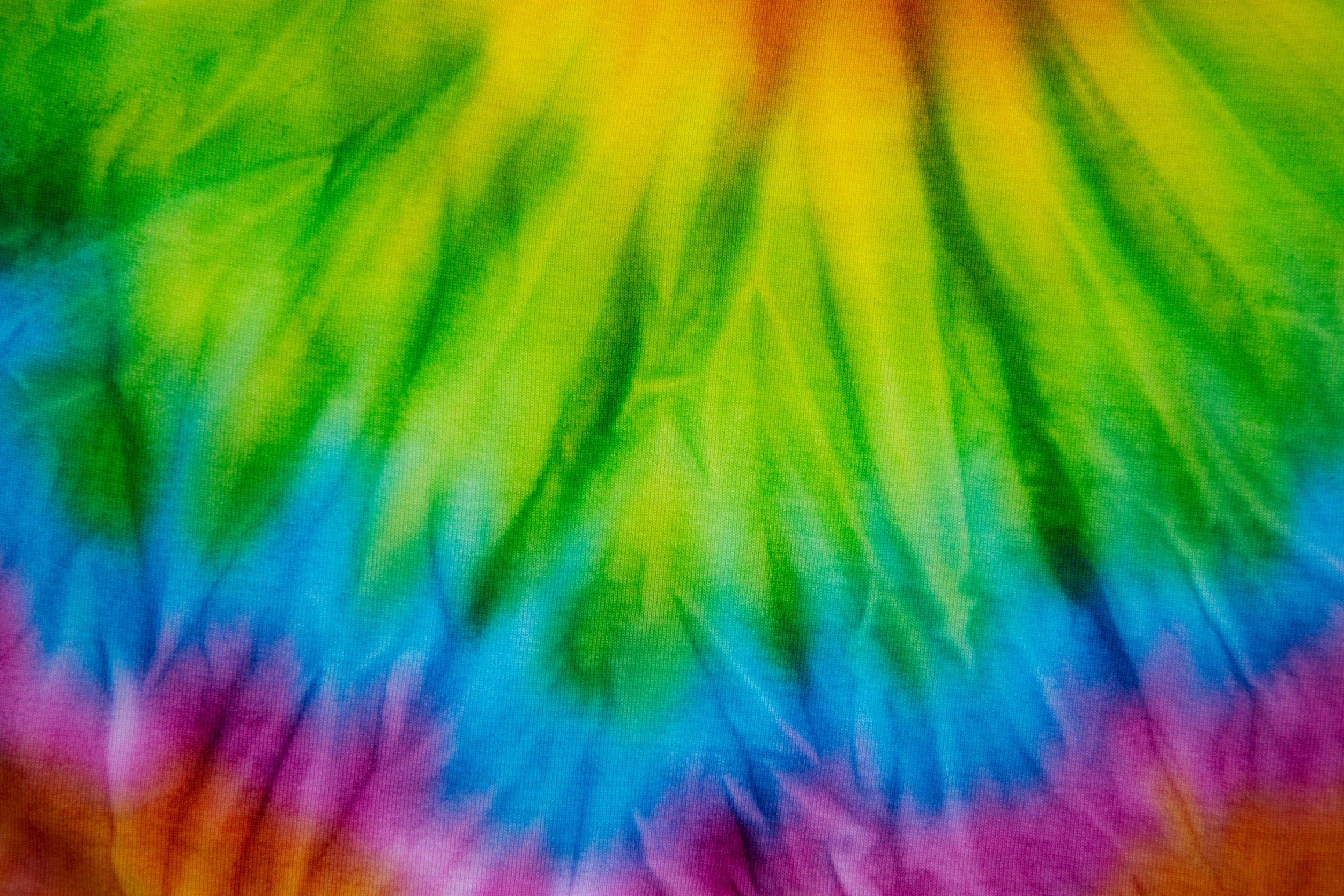
pixabay
Groovy is a quintessential 1960s term that encapsulates the spirit of the decade. It was used to describe something cool, fashionable, or exciting. The word brings to mind images of colorful fashion, psychedelic music, and a general sense of freedom and experimentation. In today’s fast-paced world, bringing back “groovy” could add a touch of retro fun to our vocabulary.
Plus, it’s a versatile word that can be used in a variety of contexts, from complimenting someone’s style to expressing enthusiasm about an event. Imagine telling your friends about a “groovy” new restaurant or a “groovy” outfit, it’s sure to bring smiles all around.
2. Far Out

123rf
Far out was another popular expression in the 1960s, often used to describe something extraordinary or impressive. Whether it’s a breathtaking piece of art, an innovative idea, or an unforgettable experience, “far out” captures a sense of wonder and amazement. This phrase can inject a sense of awe into modern conversations, making ordinary moments feel more special.
It’s a reminder to appreciate the extraordinary in everyday life. For example, you might describe a stunning sunset or an amazing concert as “far out,” adding a touch of 60s flair to your expressions of wonder.
3. Right On

unsplash
“Right on” was used to show agreement or support in the 1960s. It conveyed a sense of solidarity and encouragement, often in the context of social and political movements. This phrase can still be relevant today, especially in conversations about social justice, community initiatives, or personal achievements.
“Right on” is a positive, affirming way to show that you’re on the same page with someone, and it can foster a sense of camaraderie. Whether you’re agreeing with someone’s opinion or supporting their efforts, saying “right on” adds a supportive and enthusiastic touch to your affirmation.
4. Dig It

unsplash
“Dig it” was a way to express understanding or appreciation for something. Whether someone was talking about music, fashion, or a new idea, saying “I dig it” meant you got it and liked it. In the era of constant digital communication, bringing back “dig it” can add a touch of personal connection and enthusiasm.
It’s a fun, casual way to show that you appreciate what someone is saying or doing, and it can make interactions feel more genuine. For example, if a friend shares their new playlist or a creative project, responding with “I dig it” can show your appreciation and interest in a cool, retro way.
5. Psyched
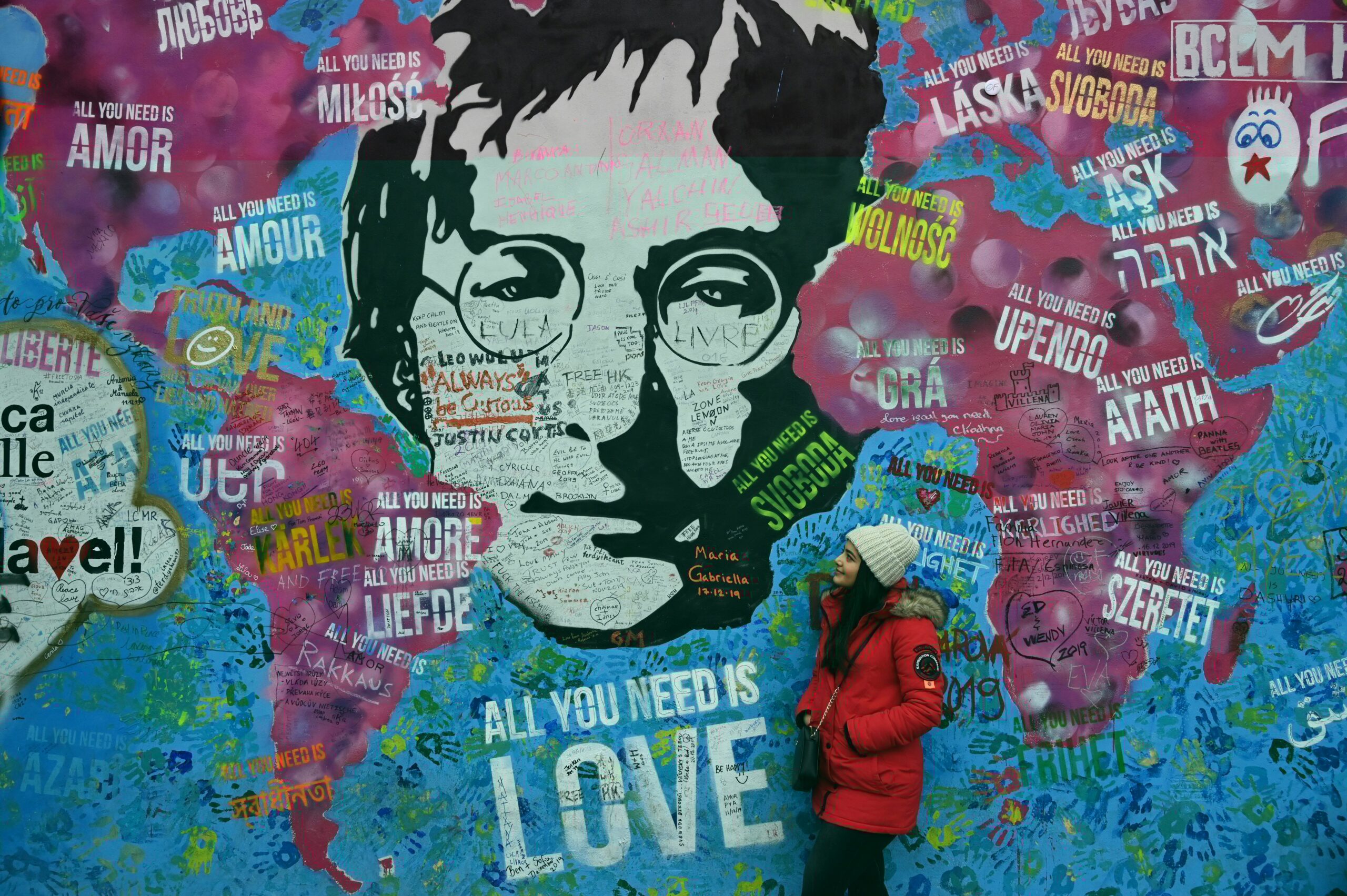
unsplash
“Psyched” was a popular term in the 1960s used to express excitement or anticipation. Whether you were “psyched” about an upcoming concert, a party, or a new movie, it conveyed a high level of enthusiasm. In today’s fast-paced world, where positive energy is always welcome, bringing back “psyched” can add an upbeat vibe to conversations.
Imagine telling your friends you’re “psyched” about an upcoming event or new opportunity, it instantly conveys your excitement and builds anticipation. This term can add a lively, optimistic tone to both personal and professional dialogues, making it a great addition to modern vocabulary.
6. Outta Sight

unsplash
“Outta sight” was an exclamation used to describe something incredible. It conveyed a sense of awe and excitement. This phrase can bring a burst of positive energy to today’s language, helping to celebrate achievements and standout moments. Whether you’re talking about a stunning view, a great performance, or an impressive accomplishment, “outta sight” is a fun way to express admiration.
Imagine complimenting a friend’s achievement or a beautiful piece of art with “outta sight.” It adds a memorable and enthusiastic touch to your praise.
7. Hang Loose
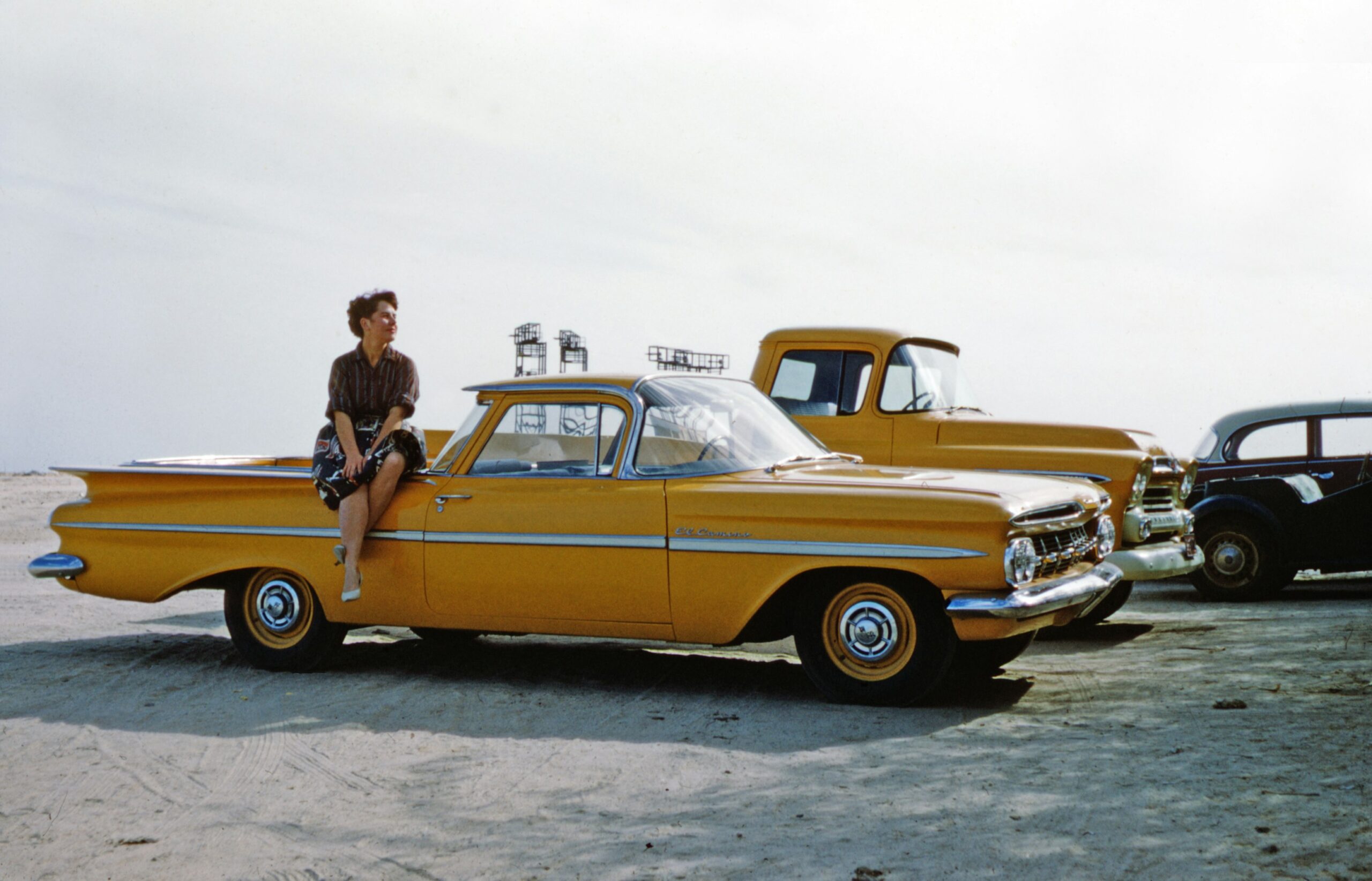
unsplash
“Hang loose” was a laid-back way of telling someone to relax and take it easy. In our increasingly stressful and fast-paced lives, reviving this phrase can serve as a reminder to unwind and not take things too seriously. It’s a gentle nudge to slow down and enjoy the moment, something we all could benefit from.
Using “hang loose” in conversation can promote a more relaxed and easygoing attitude. For example, after a busy day, telling a friend to “hang loose” can encourage them to take a break and unwind.
8. Pad

unsplash
“Pad” was a cool term for home or apartment in the 1960s. It conveyed a sense of personal space and comfort. In today’s real estate market, where finding the perfect living space is a major concern, “pad” can bring a relaxed, retro vibe to discussions about homes.
It suggests a cozy, welcoming environment and can make conversations about living spaces more inviting. For example, inviting friends to your “pad” instead of just your home can add a fun and friendly tone to your invitations.
9. Threads
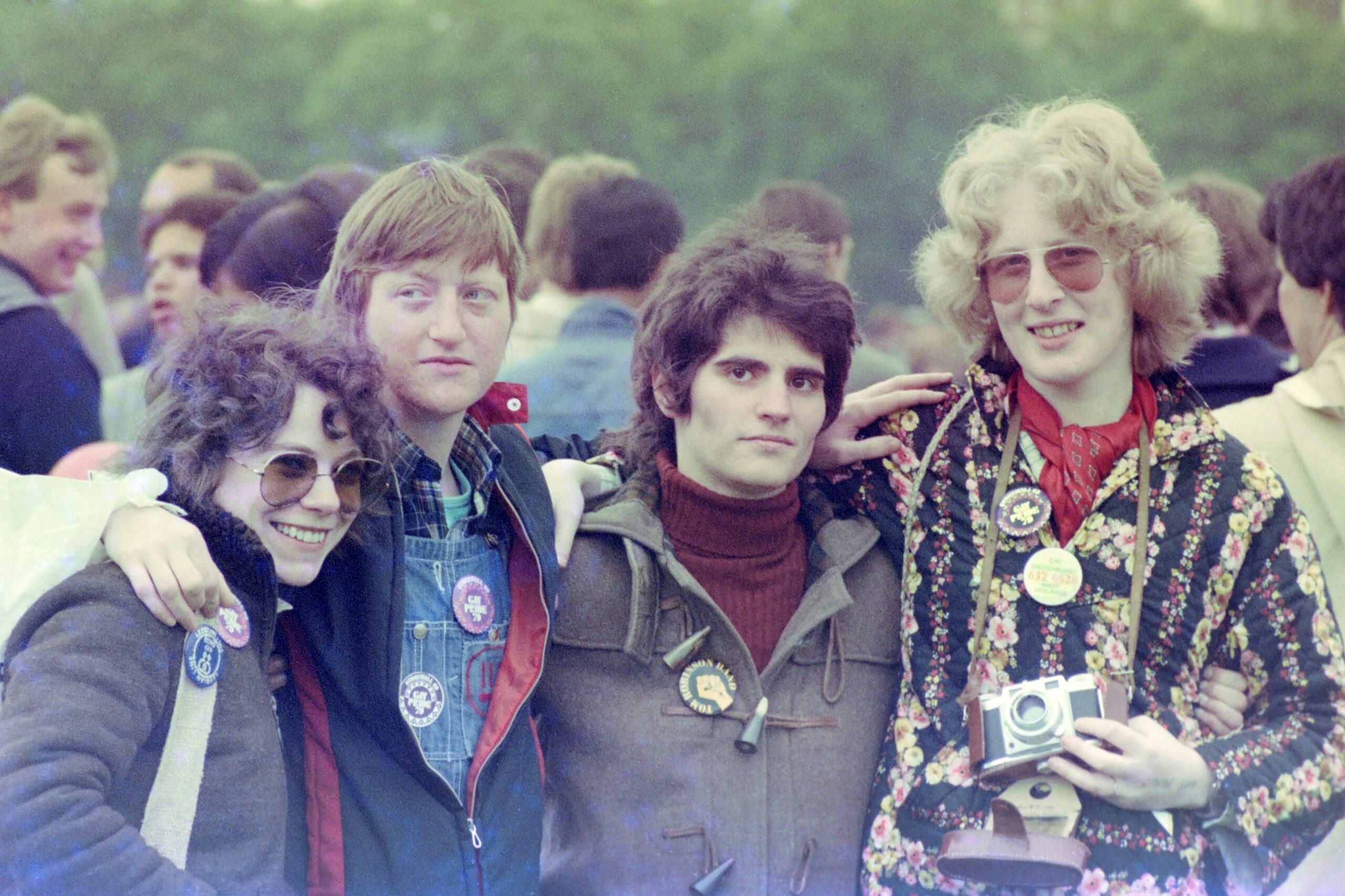
unsplash
“Threads” was 1960s slang for clothes, emphasizing fashion and style. Today, when fashion is constantly evolving, bringing back “threads” can add a nostalgic twist to discussions about clothing and style. It’s a playful, hip way to refer to outfits and can make conversations about fashion more interesting and engaging.
Plus, it highlights the importance of personal style in a unique way. Imagine complimenting someone’s outfit by saying “nice threads,” Iit adds a touch of vintage charm to your praise.
10. Fuzz
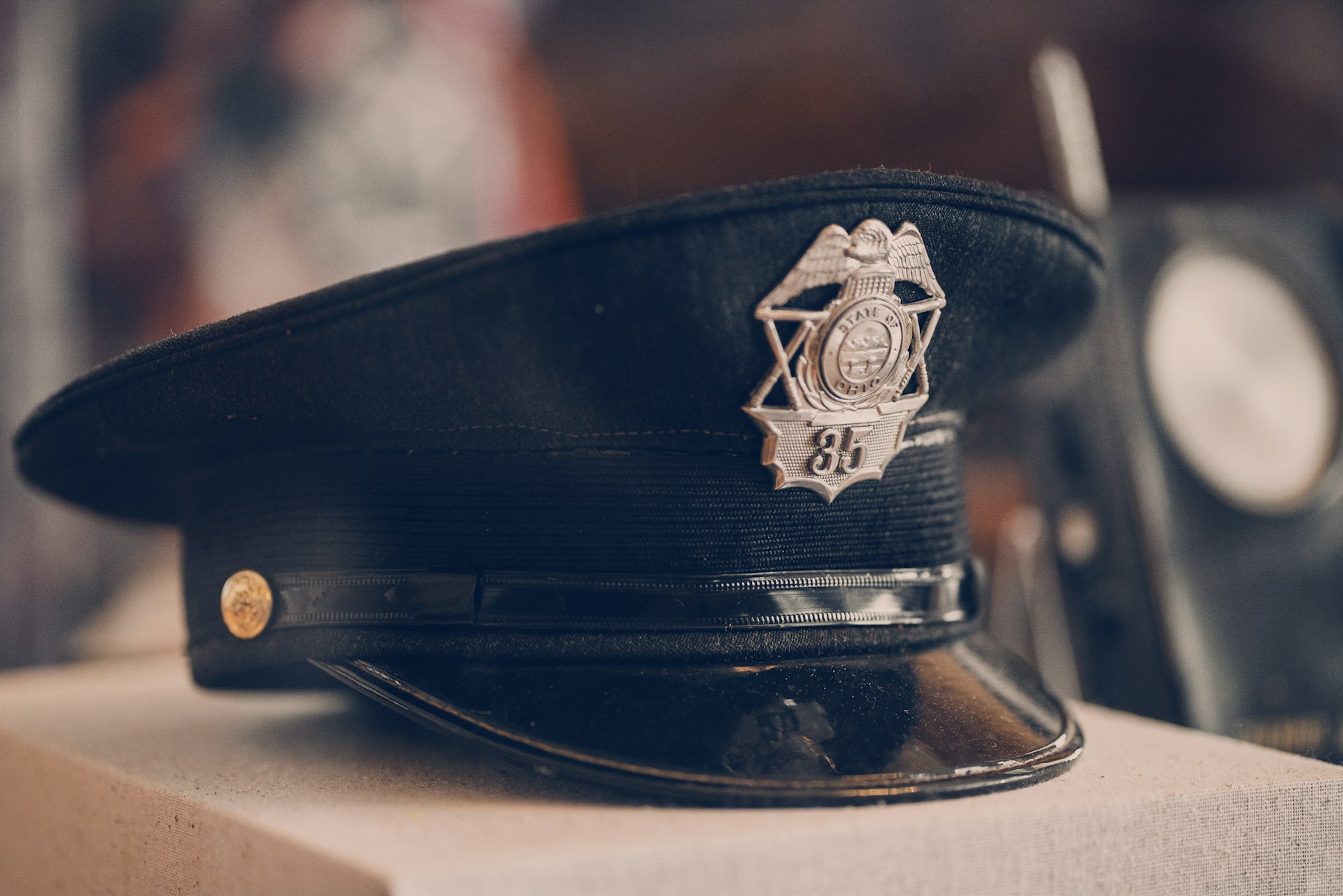
unsplash
“Fuzz” was a term used to refer to the police. It carried a sense of irreverence and a counterculture attitude. In today’s discussions about authority and law enforcement, “fuzz” can add a historical context to modern conversations.
While it’s not as commonly used now, bringing it back can add a touch of 60s rebellion and humor to discussions about authority. It’s a playful way to refer to the police, especially in informal or nostalgic contexts.
11. Outta Sight

unsplash
“Outta sight” was an exclamation used to describe something incredible. It conveyed a sense of awe and excitement. This phrase can bring a burst of positive energy to today’s language, helping to celebrate achievements and standout moments.
Whether you’re talking about a stunning view, a great performance, or an impressive accomplishment, “outta sight” is a fun way to express admiration. Imagine complimenting a friend’s achievement or a beautiful piece of art with “outta sight.” It adds a memorable and enthusiastic touch to your praise.
12. Funky
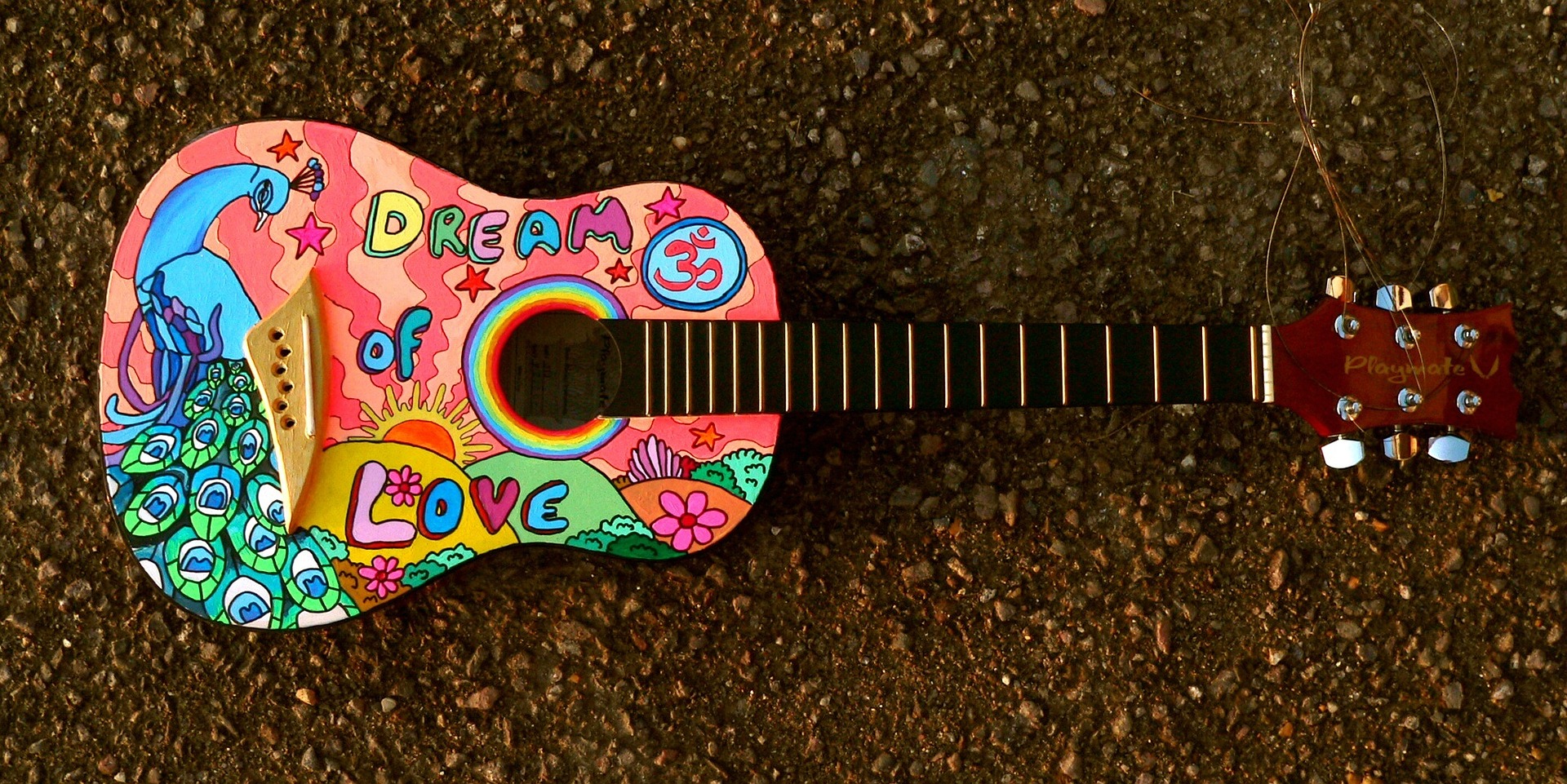
pixabay
“Funky” uniquely describes something unconventional or stylish. Whether it was music, fashion, or art, “funky” meant it had character and flair. Bringing back “funky” can add a touch of individuality and creativity to conversations about style and culture.
It’s a word that celebrates uniqueness and can make everyday discussions more vibrant and interesting. Imagine describing a new piece of art or a unique fashion trend as “funky.” It adds an element of excitement and distinction to your descriptions.
Express Yourself
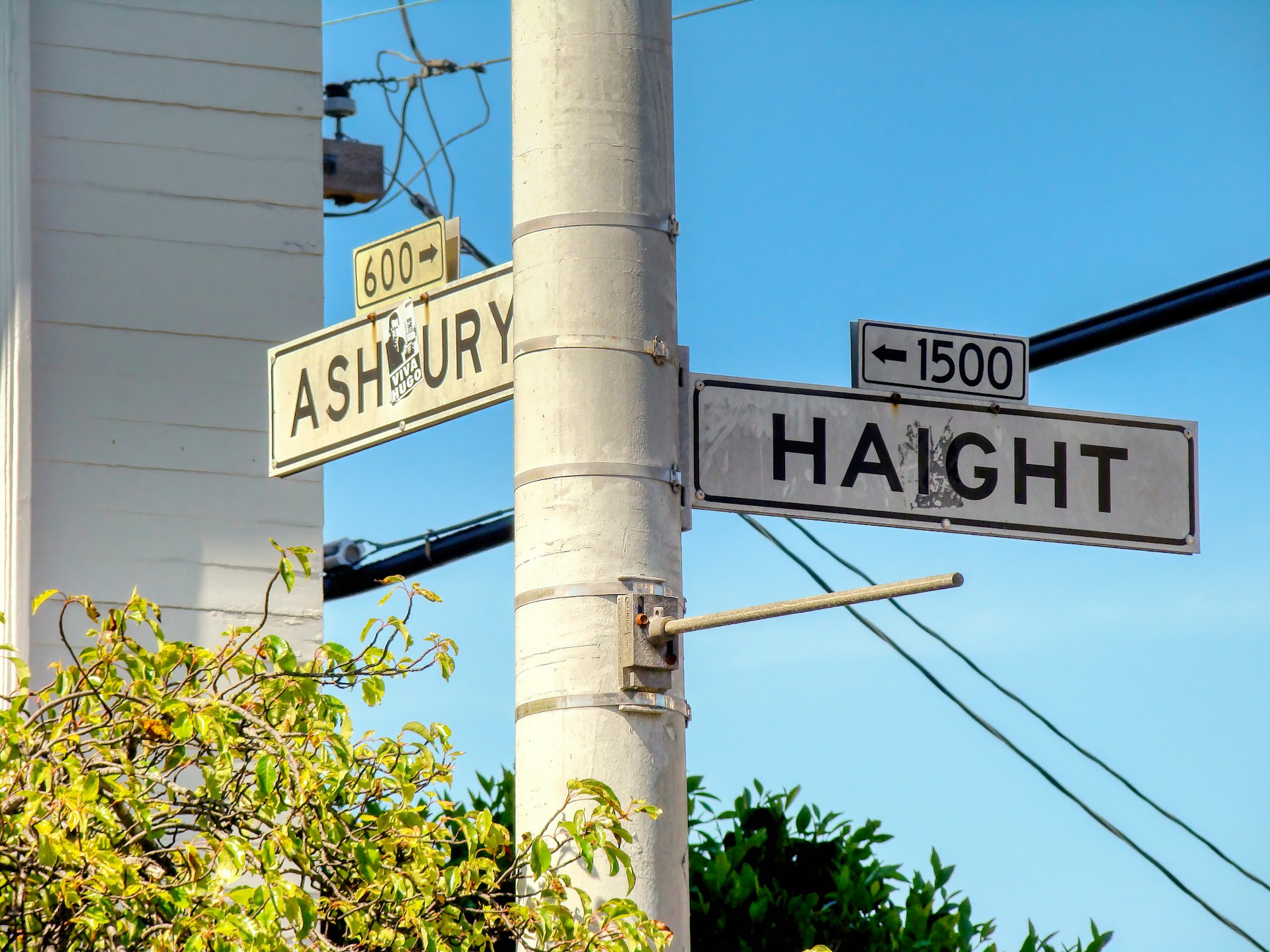
unsplash
The 1960s were a time of great cultural change, and the language of that era still resonates today. Reviving these 12 words can add a touch of nostalgia, fun, and expressiveness to our modern conversations.
By bringing back terms like “groovy” and “funky,” we can infuse our everyday language with a sense of history and flair. These words don’t just connect us to the past; they also enhance the way we communicate in the present, making our interactions more vibrant and engaging.
The post 12 Words and Phrases from the 1960’s That Need To Make a Comeback appeared first on The Free Financial Advisor.

Stephen began his career as a Research Assistant at a reputable middle-market private equity firm, where he honed his skills in market research, financial analysis, and identifying investment opportunities. He then transitioned to full-time financial writing focusing on small-cap biotech innovation and digital payment solutions. Today, Stephen is a value-based retail investor and novice baseball statistician.




















Discussion about this post